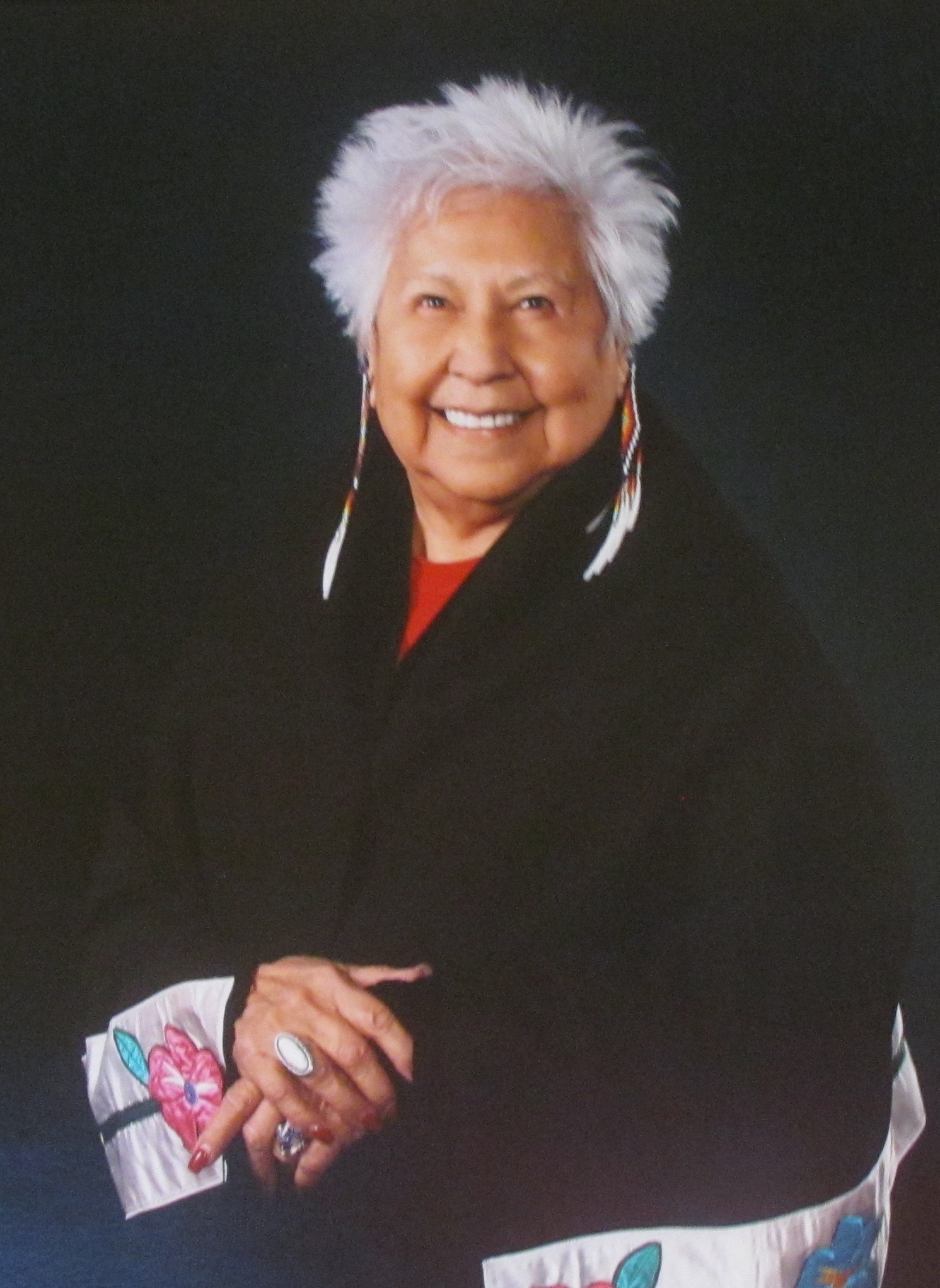March 8th is International Women’s Day, and it’s the perfect time to celebrate women making waves in the addiction recovery world.
From scientists to creators to artists, we’re saluting some heroes of all types who are speaking up and impacting the addiction landscape today.
Here are nine women who inspire us. Wherever you are on your own journey to addiction recovery, let the power of these women to create positive change motivate you:
1. Monique Tula
As the Executive Director of the Harm Reduction Coalition, Monique Tula advocates to change the stigma against people who use drugs. Tula has devoted much of her career to reducing harms for people who use drugs, and attributes this partially to her father’s own struggle with mental illness and addiction.
Monique Tula
“It’s become increasingly clear to us at HRC that what we are fighting for are the conditions of possibility that prevent and heal harm in an environment that’s intended to maximize harm.”
2. Michelle Tea
Michelle Tea is the author of five raw memoirs exploring everything from her blue collar childhood to addiction to queer culture to motherhood. But she doesn’t stop there: she’s also written poetry and YA fiction. She’s the creator of a lesbian poetry roadshow called Sister Spit, and when she didn’t identify with the mainstream parenting media during pregnancy, she founded Mutha Magazine.
“Our lives make awesome stories, especially if you don’t get too attached to the thread of your own narrative.”
3. Nora Volkow
Nora Volkow is the director of the National Institute on Drug Abuse (NIDA), and is credited with changing public perception of addiction. Her imaging studies examining the brains of people struggling with addiction were instrumental in demonstrating that addiction is a brain disease.
4. Elizabeth Vargas
We often expect our news anchors to be picture perfect and poised, so Elizabeth Vargas’s memoir of alcohol addiction and anxiety, Between Breaths, was a reminder that we’re all affected, even those of us who have poise in front of the camera. Vargas has been in addiction recovery since 2014, and now advocates for those still struggling to speak up without shame.
“Addiction is a tremendous, terrible disease in this country and for decades the [American Medical Association] has recognized it as a disease. But there are far too many families and companies and organizations in this country who do not treat it like a disease, they treat it as a character flaw or a moral failing or weakness and it’s not.”
 5. Lisa Smith
5. Lisa Smith
Lawyers, doctors, and law enforcement workers deal with a stigma double-whammy when struggling with addiction. They not only face the same stigma as the rest of us, but they are also held accountable by review boards ensuring they can adequately perform their work. Too often, this extra layer of scrutiny keeps lawyers who struggle with addiction from seeking help. Lisa Smith is an attorney speaking up about the stigma surrounding addiction in her memoir Girl Walks Out of a Bar. You can read her tips on how to head back to work after addiction treatment on the Workit Health blog.
 6. Holly Whitaker
6. Holly Whitaker
Holly Whitaker founded her Hip Sobriety School after realizing that Alcoholics Anonymous wasn’t the solution to her drinking problem, and that she couldn’t afford traditional treatment. She shares her own journey through addiction recovery on her Instagram account, and hosted the HOME podcast with Laura McKowen.
“Fear of drinking again didn’t motivate me in the least. Desire for happiness and freedom motivated me.”
7. Tracey Helton-Mitchell
When still using heroin on the streets of San Francisco, Tracey Helton-Mitchell was featured in a documentary chronicling addiction, Black Tar Heroin. Despite being documented during the depths of her addiction, she found recovery in jail and today has 21 years in recovery. She chronicled her journey through addiction and into recovery in her compassionate memoir, The Big Fix: Hope After Heroin. She’s now a harm reduction activist, sometimes referred to as the heroine of heroin. Tracey began sending life-saving naloxone kits to those who needed them when moderating the Reddit Opiates forum, and her work has inspired a formal mail order naloxone program called NextDistro, an online and mail-based support system for people who use drugs. Tracey Helton-Mitchell has written about her own experience as a former heroin user, and as relapse as part of recovery, for Workit Health.
8. Claudia Christian
Claudia Christian is an actress who advocates for awareness of The Sinclair Method, a technique using naltrexone to moderate drinking. She credited The Sinclair Method with saving her life in her memoir, Babylon Confidential, and in a TED talk. Her foundation, the C Three Foundation, is committed to raising awareness about the benefits of The Sinclair Method.
9. Dr. Henrietta Mann
Dr. Henrietta Mann, referred to as the Native American Maya Angelou, is on the White Bison Council of Elders, and her work was integral to the foundation of the Wellbriety movement for Native Americans struggling with addiction. She is the founding president of President of the Cheyenne and Arapaho Tribal College, and a Professor Emeritus at Montana State University, Bozeman. She’s sought out as a spiritual and academic mentor.
“Only when we forgive the unforgivable can we really say we are healing, that we have addressed that one aspect of our life. Saying we can forgive, now we can heal.”
This list includes just a fraction of the women making waves in the addiction recovery world, on a global and local scale. Who inspires you? Let us know in the comments.
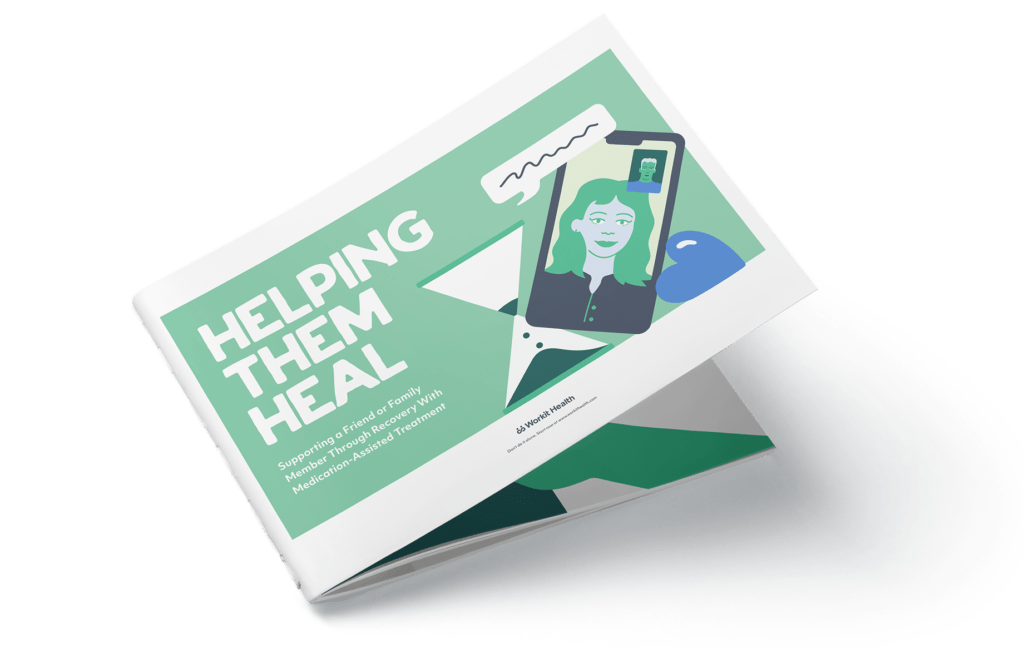





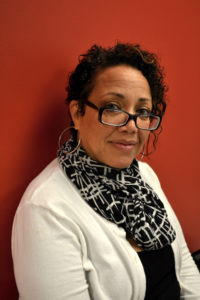
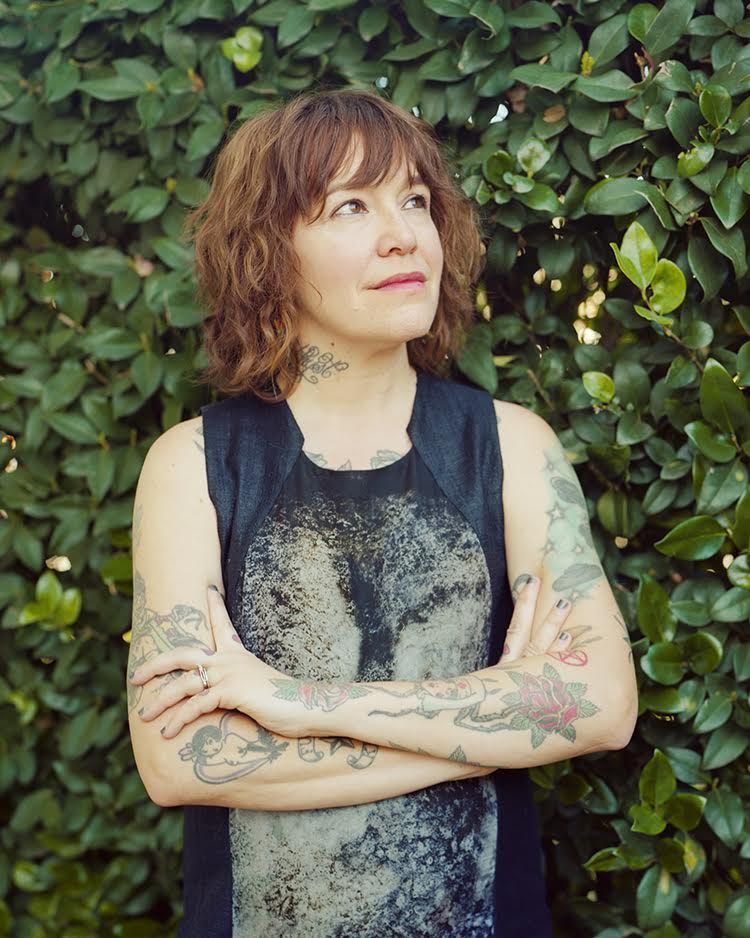
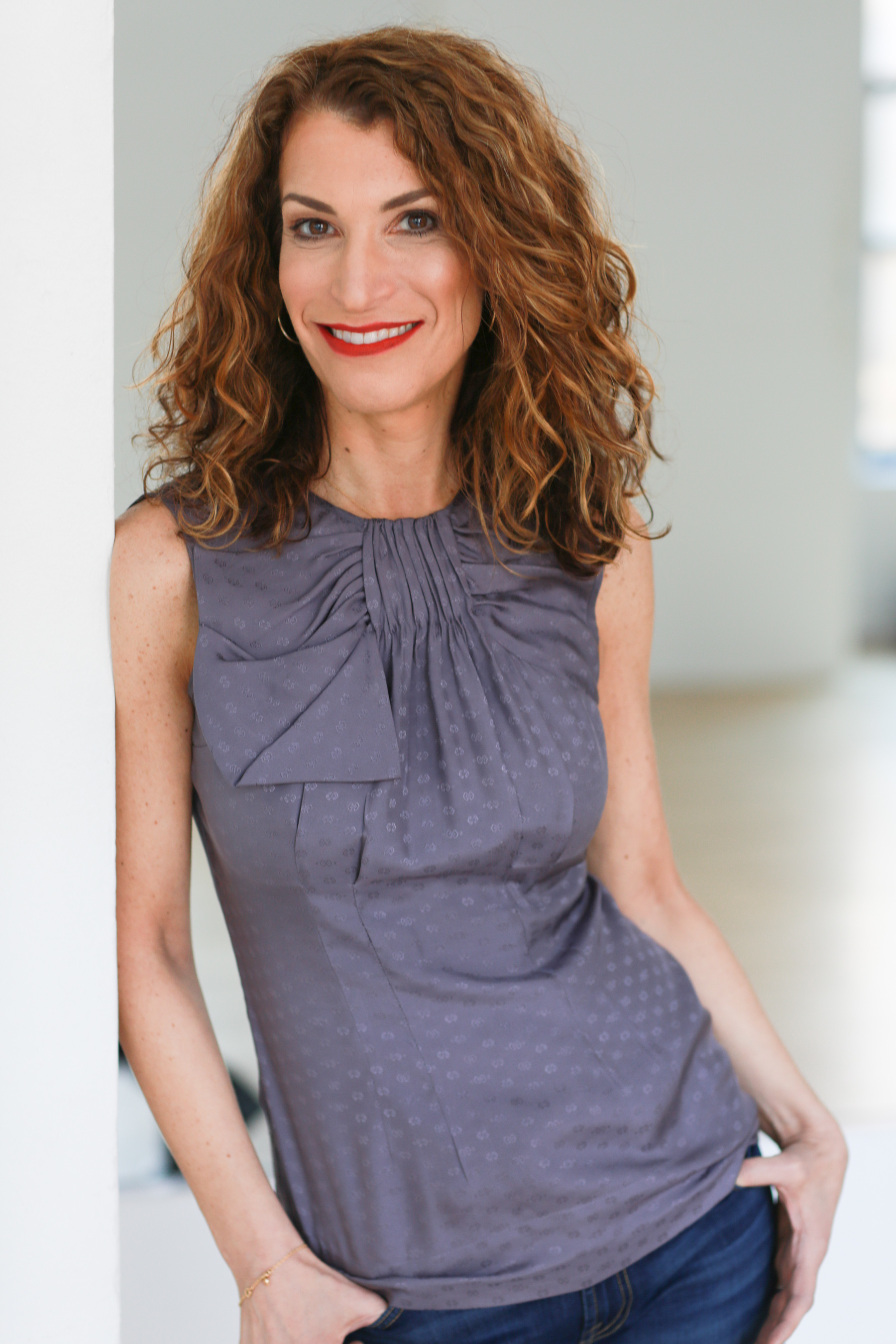 5. Lisa Smith
5. Lisa Smith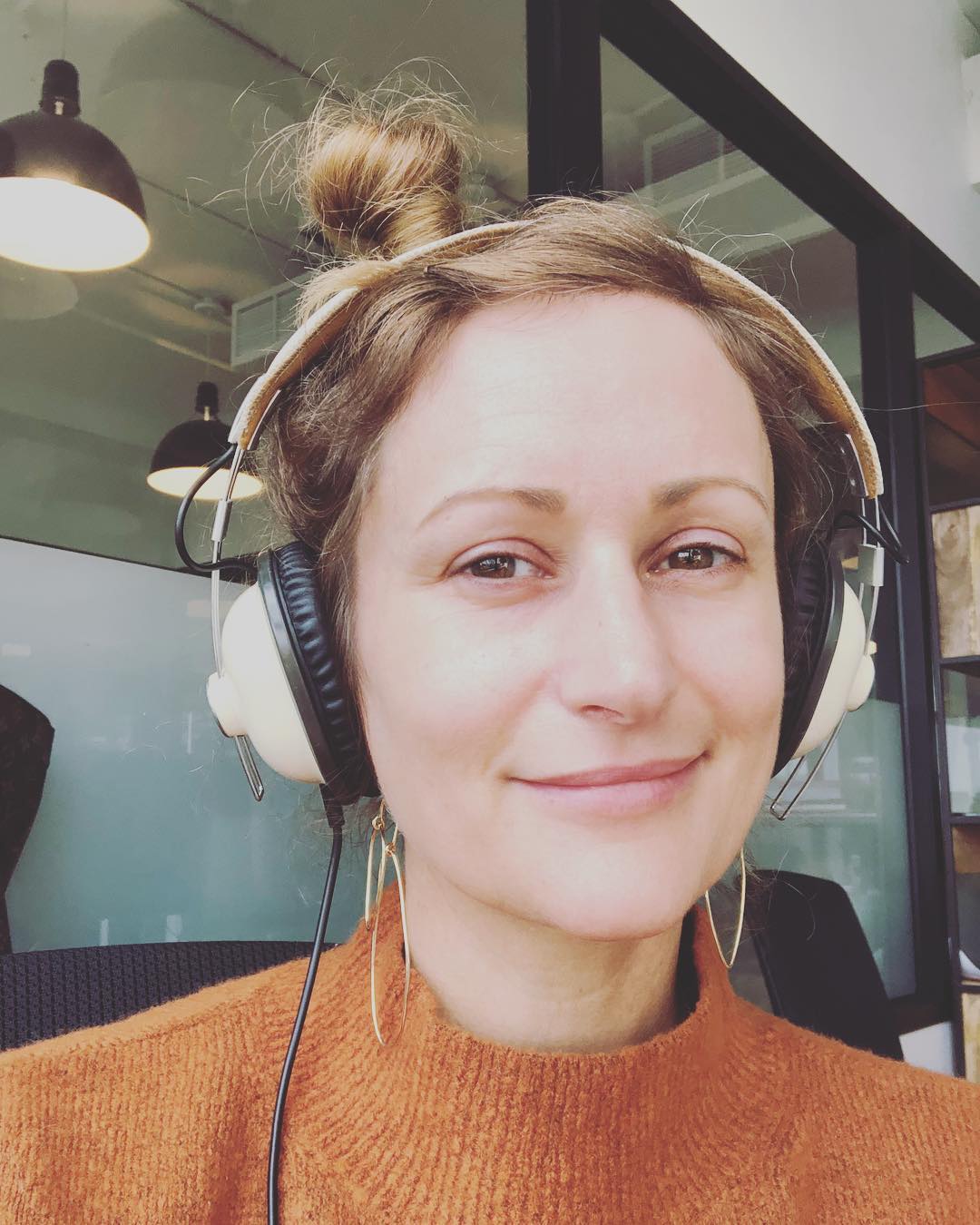 6. Holly Whitaker
6. Holly Whitaker